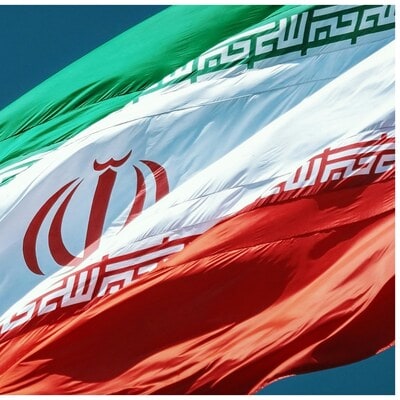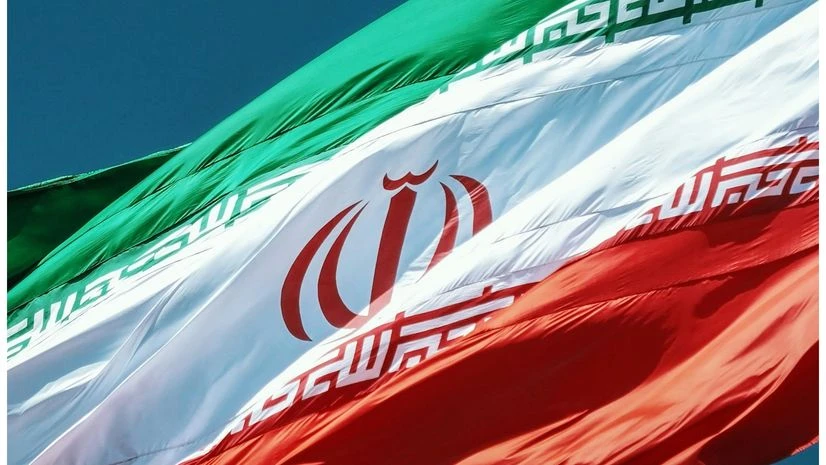Iran launches satellite in space amid Western concerns over missile risks | World News

)
Iran launched a satellite into space Saturday with a rocket. Photo: Unsplash
Iran launched a satellite into space Saturday with a rocket built by the country’s paramilitary Revolutionary Guard, state-run media reported, the latest for a programme the West fears helps Tehran advance its ballistic missile programme.
Iran described the launch as a success, which would be the second such launch to put a satellite into orbit with the rocket. There was no immediate independent confirmation of the launch’s success, nor did Iranian authorities immediately provide footage or other details.
The launch comes amid heightened tensions gripping the wider West Asia over the ongoing Israel-Hamas war in the Gaza Strip, during which Tehran launched an unprecedented direct missile-and-drone attack on Israel.
Meanwhile, Iran continues to enrich uranium to nearly weapons-grade levels, raising concerns among nonproliferation experts about Tehran’s program.
Iran identified the satellite-carrying rocket as the Qaem-100, which the Guard used in January for another successful launch. Qaem means upright in Iran’s Farsi language. The solid-fuel rocket put the Chamran-1 satellite, weighing 60 kilograms, into a 550-kilometre orbit, state media reported.
The US State Department and the American military did not immediately respond to requests for comment over the Iranian launch.
The United States had previously said Iran’s satellite launches defy a UN Security Council resolution and called on Tehran to undertake no activity involving ballistic missiles capable of delivering nuclear weapons. UN sanctions related to Iran’s ballistic missile programme expired last October.
Under Iran’s relatively moderate former President Hassan Rouhani, the Islamic Republic slowed its space programme for fear of raising tensions with the West. Hard-line President Ebrahim Raisi, a protege of Supreme Leader Ayatollah Ali Khamenei who came to power in 2021, has pushed the program forward. Raisi died in a helicopter crash in May.
It’s unclear what Iran’s new president, the reformist Masoud Pezeshkian, wants for the programme as he was silent on the issue while campaigning.
The US intelligence community’s worldwide threat assessment this year said Iran’s development of satellite launch vehicles would shorten the timeline for Iran to develop an intercontinental ballistic missile because it uses similar technology.
Intercontinental ballistic missiles can be used to deliver nuclear weapons. Iran is now producing uranium close to weapons-grade levels after the collapse of its nuclear deal with world powers. Tehran has enough enriched uranium for several nuclear weapons, if it chooses to produce them, the head of the International Atomic Energy Agency repeatedly has warned.
Iran has always denied seeking nuclear weapons and says its space program, like its nuclear activities, is for purely civilian purposes. However, US intelligence agencies and the IAEA say Iran had an organised military nuclear programme up until 2003.
The launch also came ahead of the second anniversary of the death of 22-year-old Mahsa Amini, which sparked nationwide protests against Iran’s mandatory headscarf, or hijab, law and the country’s Shiite theocracy.
(Only the headline and picture of this report may have been reworked by the Business Standard staff; the rest of the content is auto-generated from a syndicated feed.)
First Published: Sep 14 2024 | 2:15 PM IST




